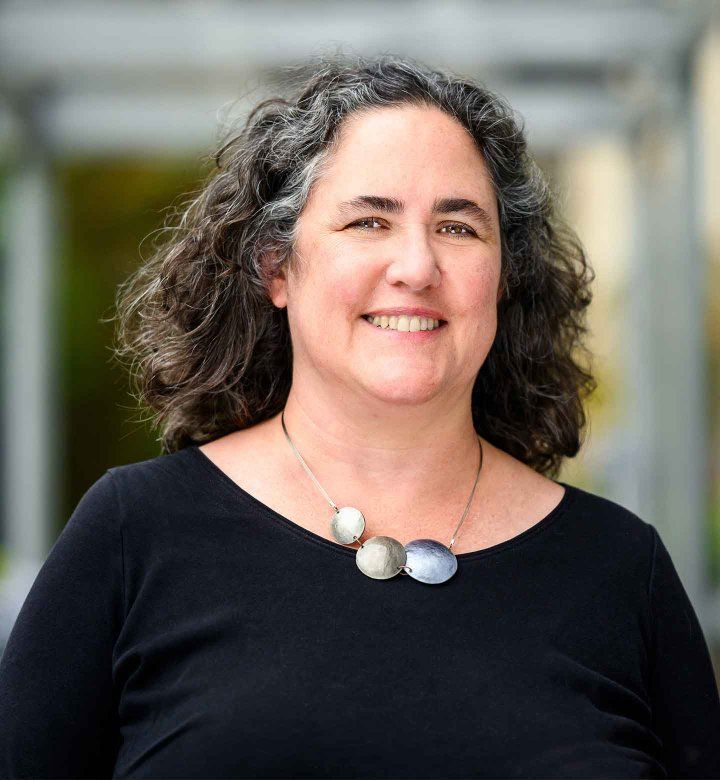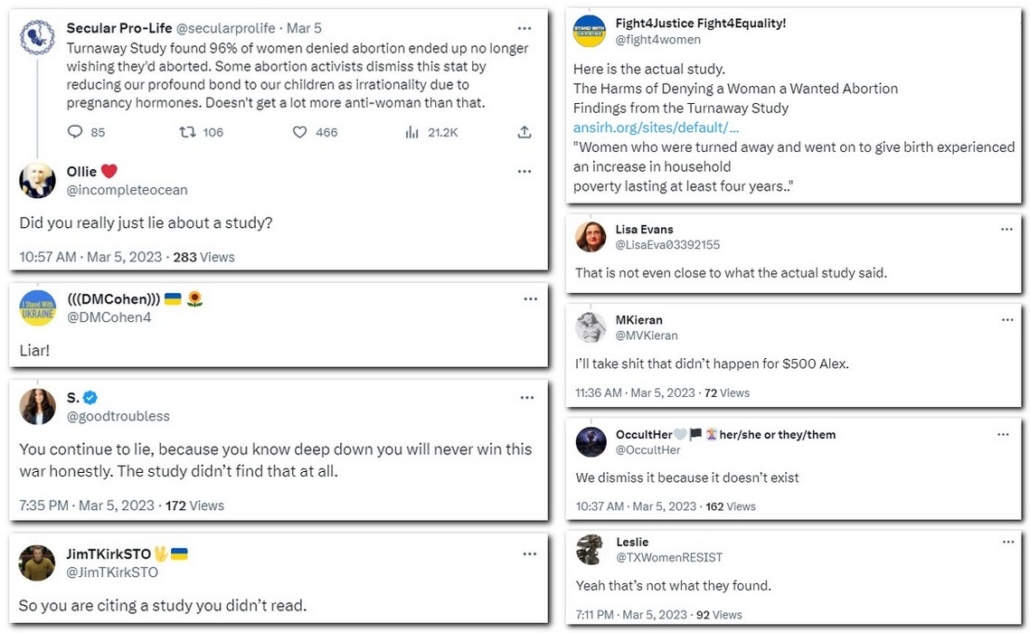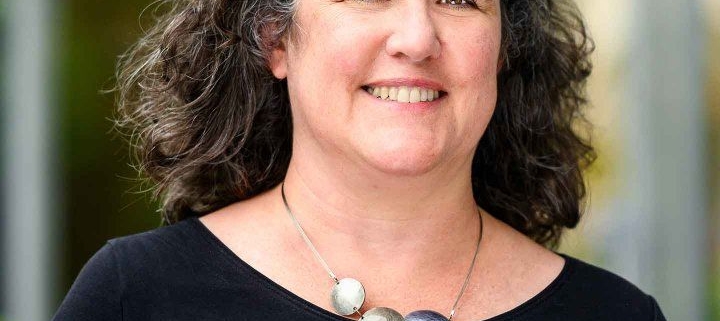Pro-Abortion Researcher Receives MacArthur Genius Grant

Dr. Diana Greene Foster (pictured), the lead researcher for the Turnaway Study, has bee selected to receive a 2023 MacArthur Fellowship, along with a no-strings-attached $800,000 “Genius Grant” awarded to people who have “shown extraordinary creativity and dedication in their fields.”
The Turnaway Study is a famous (or infamous) body of work comparing and contrasting two groups of women: those who got abortions, and those who showed up at clinics intending to get abortions but were denied (turned away). The study examines various outcomes for these women over a span of about five years following either their abortion or their abortion denial.
The study is renowned for two key conclusions: (1) Five years after getting an abortion, nearly all women said it was the right decision for them and that they did not regret the decision. (2) Women denied abortions had worse financial outcomes than women who aborted.
Every news article you read about the Turnaway Study (and there are many) will highlight one or both of the above conclusions. And almost none of them will mention two more Turnaway Study findings: (3) By the end of the five-year study period, most of the economic differences between the women who aborted and the women who were denied abortion diminished or disappeared entirely (source). (4) Five years after being denied abortion, nearly all those women said they no longer wished they had aborted (source).
[Read more – Five years later, 96% of women denied abortion no longer wish they could have had one.]
The coverage of these various conclusions is so uneven that when I point out the third and fourth conclusions — especially the fourth — people accuse me of lying.

I can hardly blame them. In addition to journalists going mute over some aspects of the Turnaway Study, Foster and her colleagues have actively promoted the first two conclusions while downplaying the second two. Their own fact sheet summarizing Turnaway Study publications neglects to even discuss the emotions of women denied abortion. They also have a fact sheet about the adverse effects of abortion denial on women — emphasis on “adverse” — which likewise neglects to mention how the women themselves feel about being denied abortion.
There’s no evidenced-based, pro-science justification for this omission. The Turnaway Study researchers find women’s emotions highly relevant — as long as we are talking about women who aborted and did not regret the abortion. Similarly, the researchers find the effects of abortion denial on women highly relevant — as long as we are talking about adverse effects. These other findings — that women ultimately don’t regret being denied abortion, or that many adverse effects of abortion denial diminish and disappear before the study is even concluded — are not relevant in their eyes, and it’s easy to see why.
Diana Greene Foster and her research team aren’t trying to objectively explore, understand, and explain the effects of abortion denial; they’re trying to promote specific narratives to support abortion rights. Foster works for ANSIRH (Advancing New Standards in Reproductive Health), one of the most vocal and strident pro-abortion advocacy groups in the country (and possibly in the world). It isn’t surprising that Turnaway Study findings which bolster narratives of the long-lasting harm of abortion denial and the long-lasting relief of abortion access get endless coverage, while Turnaway Study findings that undermine those narratives get ignored.
Foster herself has promoted this asymmetry directly. In an October 2022 New York Times column, Ross Douthat outlined the lesser known findings of the Turnaway Study. Foster didn’t appreciate Douthat’s focus, and wrote this letter to the editor in response, stating (emphasis added):
As Mr. Douthat notes, we found that most women denied abortions eventually reconcile themselves to parenting. But Mr. Douthat glosses over the most important findings from the study.
Diana Greene Foster
Contrast the way Foster et al. describe women who don’t regret aborting with women who don’t regret being denied abortion: the former response is described as normal, expected, and healthy, while the latter response is pathologized and explained away as coping with trauma. There is nothing in the actual data to justify this framing. Instead the assumptions arise from the researchers’ own preconceived ideas about abortion and, I would argue, about the relative importance and impact on our lives of factors like economic struggle compared to factors like our love for and relationships with our children — many of whom were preschoolers by the time the study concluded.
Presumably the women denied abortion in the Turnaway Study were aware of their own lives (including financial hardships, relationship struggles, medical issues, and so forth), and still told researchers they no longer wished they’d aborted. It is bitterly ironic that the same side forever chiding us to “trust women” now tells us that the way women feel about their lives after abortion denial is a coping mechanism, and isn’t the “most important” consideration anyway.
You see these assumptions in Foster’s letter to the editor: instead of presenting all of the findings of the Turnaway Study in any kind of even-handed, neutral way, she has decided which findings are the “most important” ones, and actively works to dismiss the rest. After the above quote from her letter, she goes on to describe negative effects of abortion denial, directly asserting that our struggles with poverty and other adversity are more important than our relationships to and love for our children born under difficult circumstances.
These are not the reflections of an impartial researcher. They are the advocacy of an abortion rights activist. I suppose I agree, though, with the MacArthur Fellow award committee that Foster has shown “extraordinary creativity” in her field.
[Photo credit: University of California San Francisco]
If you appreciate our work and would like to help, one of the most effective ways to do so is to become a monthly donor. You can also give a one time donation here or volunteer with us here.



